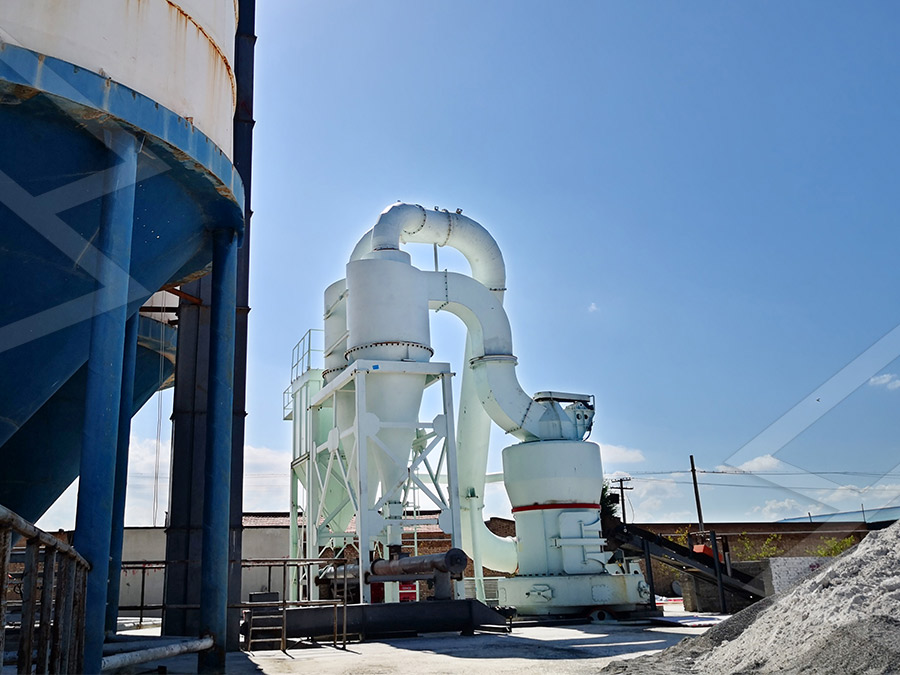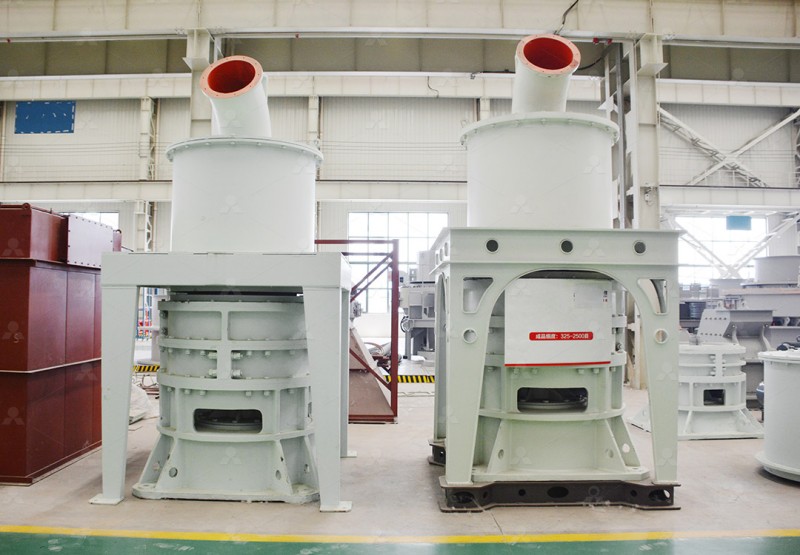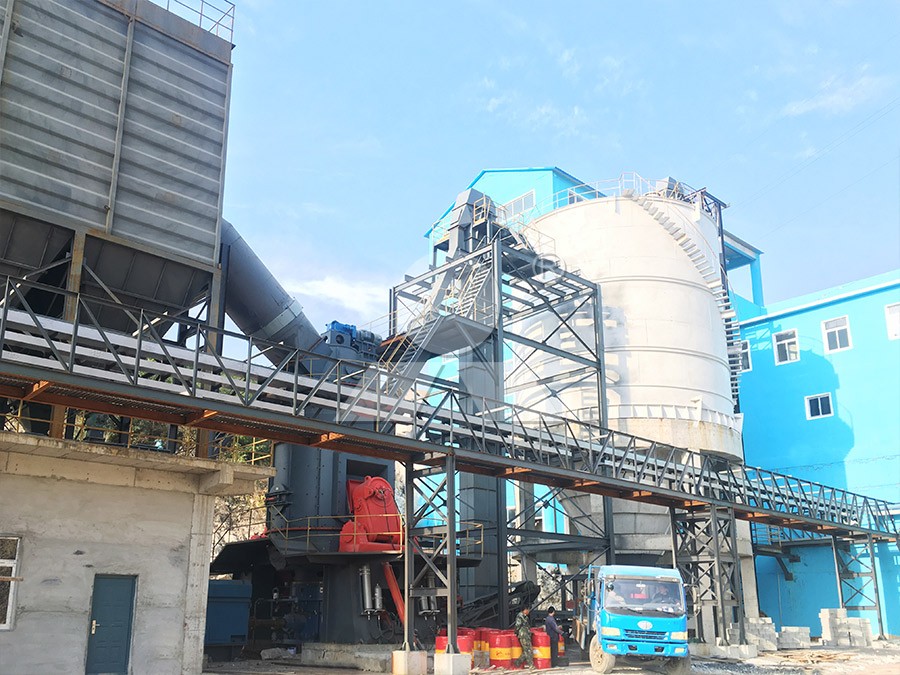Raymond Mill for Rhyolite Grinding with Delivery and Payment Upon Inspection
We provide a wide range of mills — including Raymond mill, trapezoidal mill, vertical mill, ultrafine mill, and ball mill, obtained ISO9001 international quality certification, EU CE certification, and Customs Union CU-TR certification. Suitable for processing minerals such as limestone, phosphate, quicklime, kaolin, talc, barite, bentonite, calcium carbonate, dolomite, coal, gypsum, clay, carbon black, slag, cement raw materials, cement clinker, and more.
The discharge range of these mills can be adjusted to meet specific processing needs, typically from 80-400 mesh, 600-3250 mesh, and can achieve the finest particle size of up to 6000 mesh(D50).
If you are looking for a reliable grinding solution to turn stone or minerals into fine powder, please feel free to contact our online customer service.
Raymond Mill for Rhyolite Grinding with Delivery and Payment Upon Inspection
Rhyolite, a fine-grained extrusive igneous rock with high silica content, presents unique challenges in grinding operations. Its abrasive nature and variable hardness demand robust milling solutions that can deliver consistent particle size distribution while maintaining operational efficiency. For decades, Raymond Mill technology has proven exceptionally effective in processing rhyolite and similar materials, offering reliable performance in demanding industrial applications.

The key to successful rhyolite processing lies in understanding the material’s characteristics and selecting appropriate grinding equipment. Rhyolite typically contains quartz, feldspar, and biotite minerals, creating a composition that can be challenging to grind efficiently. Traditional ball mills often struggle with the material’s abrasiveness, leading to increased maintenance costs and inconsistent product quality.
Technical Considerations for Rhyolite Processing
When selecting grinding equipment for rhyolite, several factors demand careful consideration. The material’s input size should generally not exceed 25mm for optimal Raymond Mill performance. Capacity requirements typically range between 0.6-5 tph, depending on the specific Raymond Mill configuration and desired final product fineness. The grinding system must accommodate rhyolite’s natural variations in hardness and composition while maintaining consistent output quality.
Modern Raymond Mill systems incorporate advanced features that make them particularly suitable for rhyolite processing. The centrifugal grinding action, combined with precise air classification, enables operators to achieve particle sizes ranging from 30 to 425 mesh. This flexibility is crucial for rhyolite applications across various industries, including construction materials, ceramics, and industrial fillers.
Advanced Grinding Solutions
While Raymond Mill remains a workhorse for rhyolite processing, operations requiring ultra-fine powders should consider our MW Ultrafine Grinding Mill. This advanced system handles input sizes of 0-20 mm with capacities ranging from 0.5-25 tph, making it ideal for high-volume rhyolite processing operations. The MW Mill’s innovative design features higher yielding with lower energy consumption, achieving production capacity 40% higher than jet grinding mills while reducing system energy consumption to just 30% of comparable systems.

The MW Ultrafine Grinding Mill particularly excels in rhyolite applications due to its adjustable fineness between 325-2500 meshes and innovative cage-type powder selector technology. This German-developed system ensures precise powder separation, achieving screening rates of d97≤5μm in a single pass. For operations concerned about maintenance, the mill’s design eliminates rolling bearings and screws in the grinding chamber, preventing common failure points and enabling 24-hour continuous operation.
Operational Excellence and Environmental Compliance
Modern grinding operations must balance production efficiency with environmental responsibility. Our grinding systems incorporate efficient pulse dust collectors and mufflers that minimize dust and noise emissions. The fully enclosed systems operate under negative pressure, preventing material escape and ensuring workplace safety. These features make our mills particularly suitable for regions with strict environmental regulations.
For operations processing multiple materials beyond rhyolite, we recommend our LUM Ultrafine Vertical Grinding Mill. This system handles input sizes of 0-10 mm with capacities of 5-18 tph, incorporating the latest Taiwanese grinding roller technology and German powder separating technology. The LUM Mill’s double position-limiting technology ensures stable operation even with rhyolite’s variable characteristics, while its reversible structure simplifies maintenance operations.

Quality Assurance and Service Support
We understand that equipment reliability is paramount in mineral processing operations. All our grinding mills benefit from digitalized processing with higher precision manufacturing. Tens of lines of numerical controlling machine tools ensure machining precision, particularly for core components. Our comprehensive support includes sufficient supply of spare parts and technical services to ensure worry-free operation.
The delivery and payment upon inspection terms provide additional security for our clients. This approach allows thorough verification of equipment performance with actual rhyolite samples before finalizing transactions, ensuring complete satisfaction with the grinding solution’s capabilities.
Frequently Asked Questions
What is the maximum input size for rhyolite in Raymond Mill systems?
Raymond Mill systems typically handle rhyolite with input sizes less than 25mm. For larger feed materials, preliminary crushing stages are recommended to optimize grinding efficiency and prevent equipment damage.
How does the MW Ultrafine Grinding Mill achieve higher energy efficiency?
The MW Mill incorporates newly designed grinding curves of grinding roller and grinding ring that enhance grinding efficiency. Compared to jet grinding mills, it reduces energy consumption by 70% while increasing capacity by 40%.
Can these grinding systems handle variations in rhyolite composition?
Yes, both Raymond Mill and our advanced MW and LUM systems are designed to accommodate natural variations in mineral composition. The adjustable grinding parameters and robust construction ensure consistent performance across different rhyolite deposits.
What environmental protections are incorporated?
Our systems feature efficient pulse dust collectors, mufflers, and noise elimination rooms. The fully enclosed design operates under negative pressure, preventing dust emissions and ensuring compliance with international environmental standards.
How does the payment upon inspection process work?
Clients can inspect the equipment operation with their rhyolite samples at our facility or through arranged demonstrations. Payment is completed only after satisfactory verification of performance metrics and output quality.
